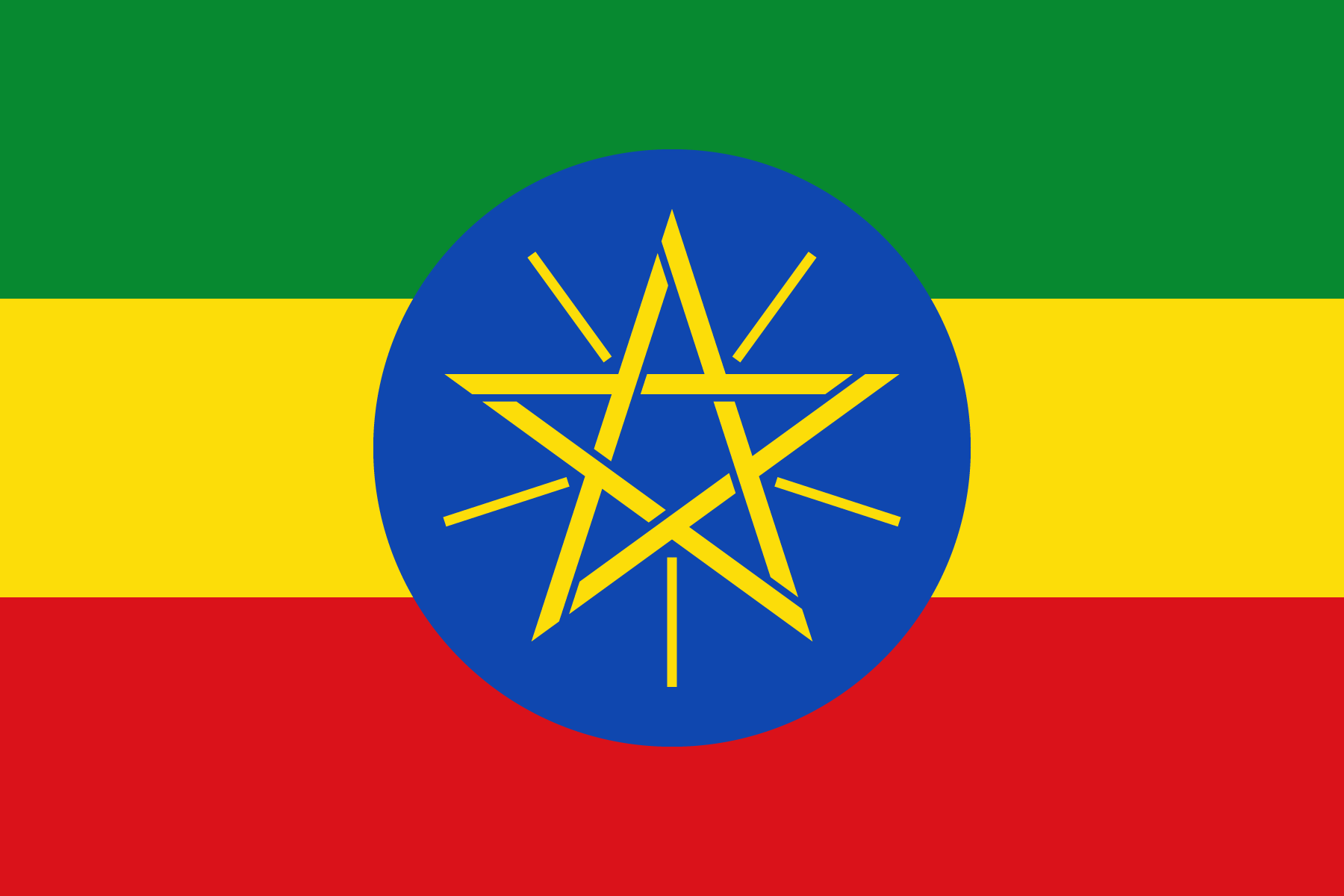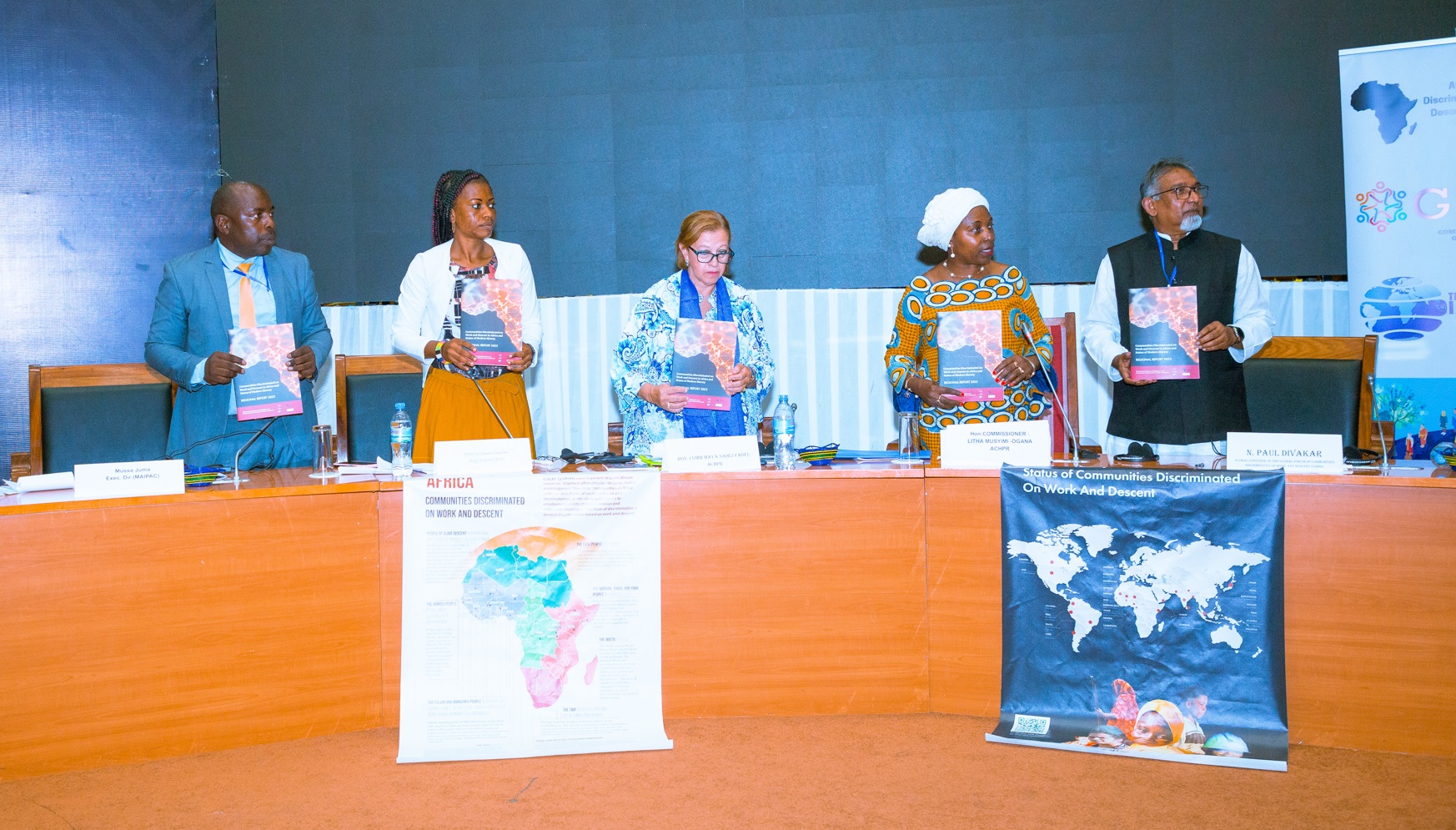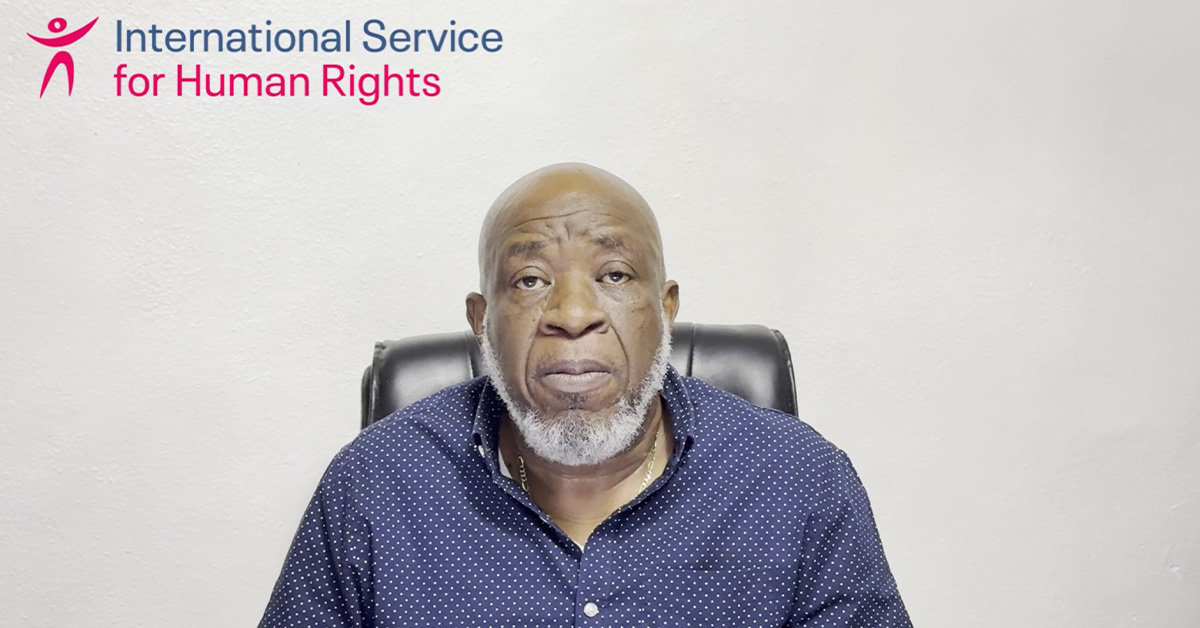
Protect Sudanese women and girls refugees in Ethiopia
Human rights groups urge action to protect Sudanese refugees, especially women and girls, according to the 1951 Refugee Convention on non-refoulment.
Photo credit: African Center for Democracy and Human Rights Studies

In a powerful and enlightening panel discussion held on 17 October at the African Commission for Human and Peoples' Rights (ACHPR), prominent figures gathered to address the critical issue of discrimination and modern-day slavery that continues to plague the African continent.
Chaired by Commissioner Litha Musyimi-Ogana, the panel, entitled ‘Communities Discriminated on Work and Descent in Africa: Confronting Racism, Xenophobia, and Discrimination of Migrants in Africa,’ brought together individuals dedicated to the cause of human rights and equality. The event served as an essential platform for highlighting the issues of discrimination and modern-day slavery on the African continent.
At the outset of the discussion, Musyimi-Ogana announced the forthcoming release of a pivotal report: the ‘Communities Discriminated on Work and Descent in Africa Status of Modern-Day Slavery,’ a study exploring the role of caste and analogous identity communities in slavery and slavery-like practices within the continent.
Former Commissioner and Special Rapporteur on Refugee, Migrants, and Internally Displaced Persons, Maya Sahli Fadel, highlighted that a substantial proportion of the migration of Africans occurs within the continent, also known as South-South migration, with only a minority attempting the perilous Mediterranean crossing to reach Europe.
‘Migration within Africa is fraught with numerous challenges, including forced displacement, transit through multiple countries, and varying treatment upon arrival,’ pointed out Sahli Fadel.
She continued by highlighting the rise of extremist ideologies and the criminalisation of migrants resulting from States closing borders in the name of national security. ‘There is a pressing need to uphold the rights of migrant workers, as defined by UN conventions, and draw attention to cases such as Tunisia, where governmental actions have violated the rights of migrants,’ she noted.
The panel discussion continued with Musa Juma, the Executive Director of Media Aid, highlighting the use of digital platforms to bring attention to the challenges faced by marginalised communities, including issues related to climate change and economic discrimination.
‘The global issue of discrimination and slavery, including child labour and human trafficking, calls for collaboration among networks and communities to combat these grave violations,’ asserted Ibrahim Sall, a human rights defender from Senegal. He called for the establishment of a mechanism that would investigate these human rights atrocities, aiming to accurately represent the experiences of affected communities.
The panel was also joined by N. Paul Divakar, the Global Convenor of the Global Forum of Communities Discriminated on Work and Descent in India, recognising the urgency of addressing stigma and discrimination through collective action and urging African countries to commit to the Sustainable Development Goals (SDGs) to eradicate all forms of discrimination and slavery.
During the panel discussion, participants raised awareness about discrimination and land grabbing faced by marginalised communities as well as the need to support local NGOs working on Indigenous land rights and combating human trafficking. It was clear that the commitment of individuals and organisations is key to achieving positive change.
The African Commission holds the potential to catalyse the change needed to protect the rights and dignity of all individuals, regardless of their work or descent. It is imperative that these conversations translate into tangible solutions, reflecting the values of equality, justice, and human rights enshrined in the African Charter for Human and Peoples’ Rights.

Human rights groups urge action to protect Sudanese refugees, especially women and girls, according to the 1951 Refugee Convention on non-refoulment.

Over a hundred civil society groups and organisations urge the UN Security Council to take urgent action to protect civilians in Sudan. Read the joint letter below.

At the 55th session of the Human Rights Council, the High Commissioner for Human Rights held an interactive dialogue on the situation of Haiti with the participation of the Designated Expert, William O’Neil.